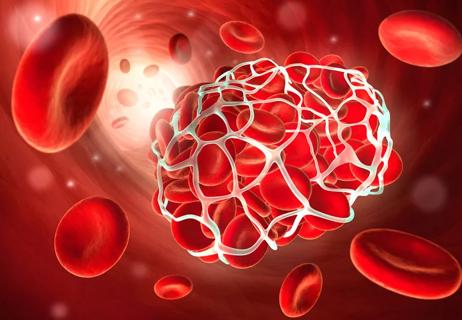The short answer from a cardiologist

A: Aspirin is a type of blood thinner called an antiplatelet. Antiplatelets reduce your blood cells’ ability to clump together to form a clot. If you have heart disease, you’re probably familiar with taking a low dose of aspirin to help prevent heart attack.
Advertisement
Cleveland Clinic is a non-profit academic medical center. Advertising on our site helps support our mission. We do not endorse non-Cleveland Clinic products or services. Policy
However, if you have atrial fibrillation and are taking a different kind of blood thinner called an anticoagulant (such as heparin or warfarin) to reduce your risk for blood clots and stroke, it’s critical to talk with your cardiologist if you have an aspirin regimen or are planning to start one.
Sometimes, it’s important for patients to be prescribed aspirin or clopidogrel (Plavix) with anticoagulants such as apixaban (Eliquis), dabigatran etexilate (Pradaxa) or rivaroxaban (Xarelto) to prevent cardiovascular events. In many other cases, though, combining these two types of blood thinners could increase risk for bleeding that outweighs any potential benefit.
As with any medication, you should talk with your doctor about the risks and benefits associated with using aspirin.
— Interventional cardiologist Rishi Puri, MD, PhD
Advertisement

Sign up for our Health Essentials emails for expert guidance on nutrition, fitness, sleep, skin care and more.
Learn more about our editorial process.
Advertisement

Bleeding is a risk and warrants taking care, but the reward of this lifesaving medication is great

Understand drug-food interactions

The little blue pill might help with physical arousal, but there are better treatments for low libido in women

Most antihistamines, like Zyrtec, are OK, but avoid decongestants for at least the first trimester

This diabetes medication can treat obesity, but it’s not for people who just want to drop a few pounds

Weight loss may cause loose, sagging skin and muscle loss to your rear

Rapid weight loss from the medication may decrease your overall muscle mass

The Yuzpe regimen is less effective than other forms of emergency contraceptives, and it’s associated with more side effects

Even small moments of time outdoors can help reduce stress, boost mood and restore a sense of calm

A correct prescription helps your eyes see clearly — but as natural changes occur, you may need stronger or different eyeglasses

Both are medical emergencies, but they are very distinct events with different causes